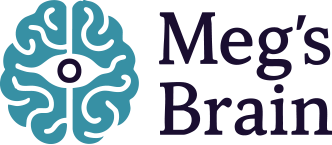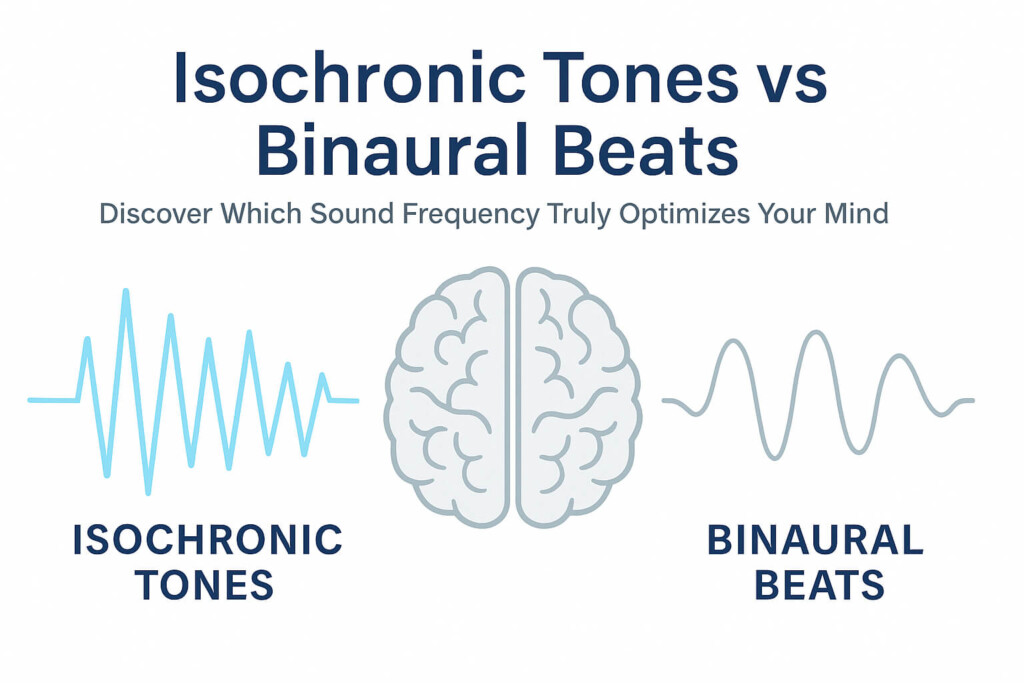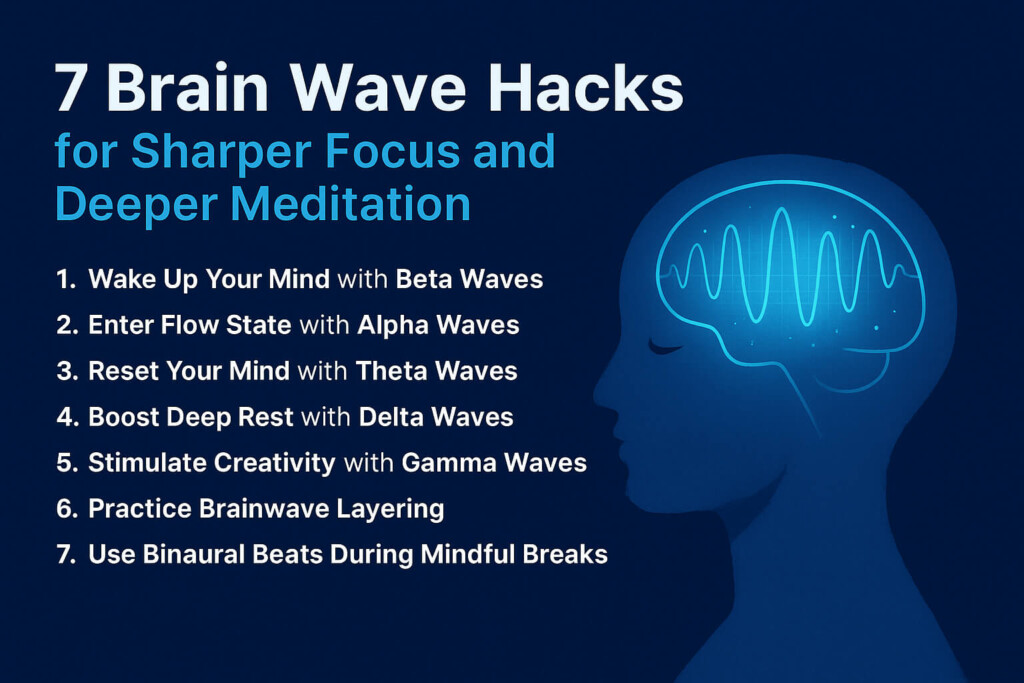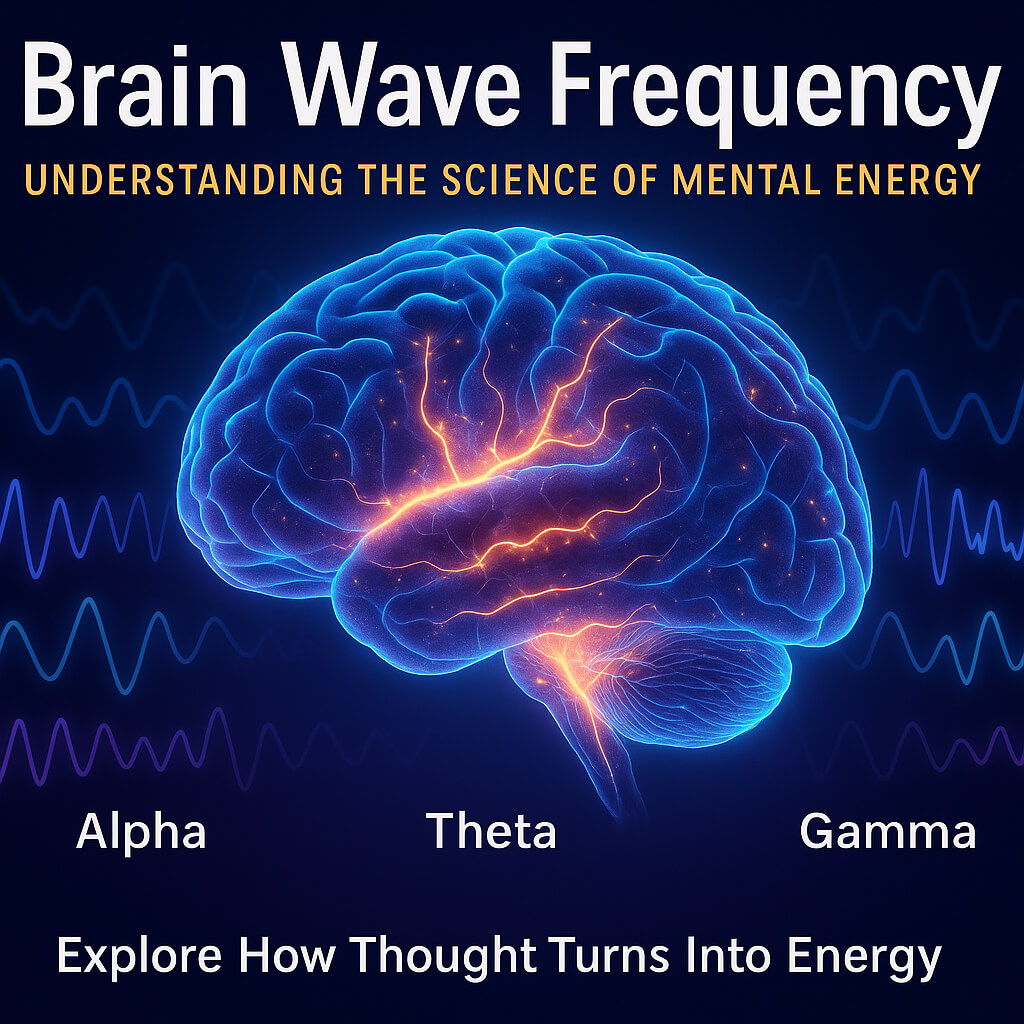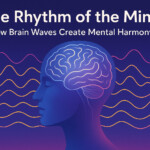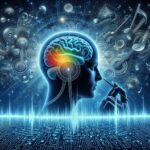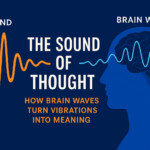Now Reading: “Brain Wave Test: How to Measure and Understand Your Mind’s Frequencies”
- 01
“Brain Wave Test: How to Measure and Understand Your Mind’s Frequencies”
“Brain Wave Test: How to Measure and Understand Your Mind’s Frequencies”
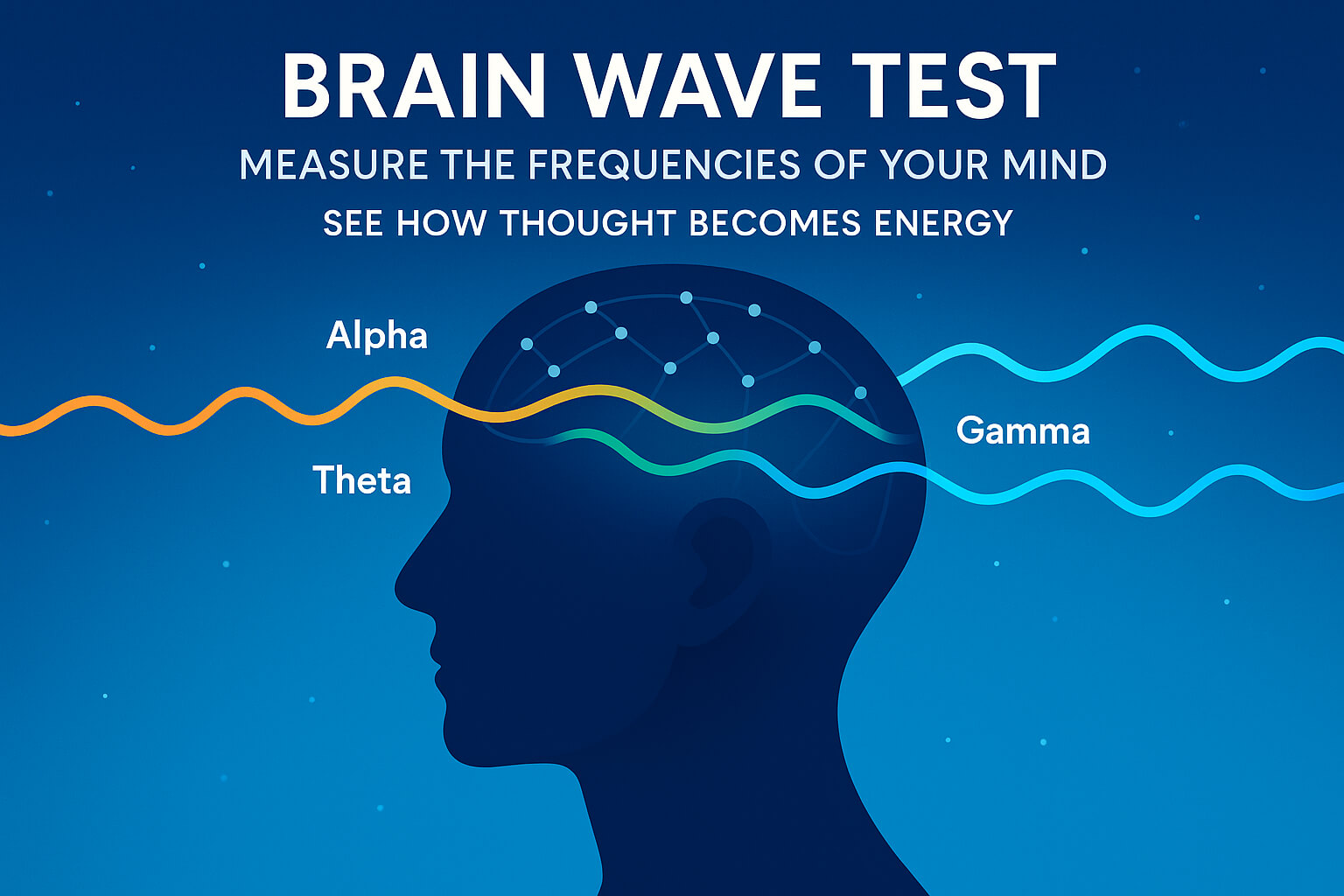
🌟 Introduction
Every thought, feeling, and idea begins as a brain wave — tiny electrical patterns moving through your neurons.
A brain wave test reveals what’s really happening beneath your awareness. It’s like looking at the rhythm of your consciousness in real time.
Understanding your brain wave patterns helps you decode your focus, mood, creativity, and even emotional balance.
And if you learn how to tune them, you can reprogram your mind toward calm, clarity, and power.
⚡ What Is a Brain Wave Test?
A brain wave test (often called an EEG — electroencephalogram) measures your brain’s electrical activity.
Sensors placed on your scalp detect the oscillations (cycles per second) of your neurons — known as Hertz (Hz).
Each wave frequency reveals a different mental state:
Beta (13–30 Hz): Alert, analytical, focused
Alpha (8–12 Hz): Relaxed, reflective, calm
Theta (4–7 Hz): Deep relaxation, creativity, intuition
Delta (0.5–3 Hz): Deep sleep and cellular recovery
Gamma (30–80+ Hz): High-level cognitive processing and insight
When these frequencies synchronize smoothly, your mind feels balanced and clear. When they clash, you may feel scattered, anxious, or mentally foggy.
🧩 How to Measure Your Brain Waves
Today, you don’t need a lab to explore your brain. Affordable EEG headsets and apps now give real-time feedback on your mental state.
Here’s how it works:
Connect your EEG headset (like Muse, NeuroSky, or Emotiv).
Relax or focus while the device records your electrical activity.
View results through an app that charts your wave patterns in real time.
Identify patterns — for example, high Beta might mean stress, while strong Alpha means calm focus.
🧘 The Meaning Behind the Frequencies
Your brain wave frequencies mirror how you live, think, and feel.
Overthinking or anxiety? Too much Beta.
Mental fatigue? Alpha might be suppressed.
Creative block? Theta needs activation.
Burnout? You’re missing Delta recovery.
The goal isn’t to “increase” or “decrease” a specific wave — it’s to balance them for your goals.
Alpha–Theta harmony enhances intuition and creativity, while Beta–Gamma synchronization sharpens problem-solving.
🧠 Can You Train Brain Waves?
Absolutely. Through neurofeedback, binaural beats, and brainwave entrainment, you can gently guide your brain into ideal patterns.
When audio frequencies are matched with your brain’s rhythms, it responds — like tuning an instrument.
Regular sessions improve mental flexibility, emotional control, and memory retention.
Your brain becomes adaptable — able to switch between calm reflection and sharp focus at will.
🌈 Conclusion
A brain wave test is more than a measurement — it’s a mirror of your mind.
It shows how thoughts vibrate, how emotions flow, and how focus can rise or fall.
By understanding and balancing your brain’s frequencies, you’re not just observing your thoughts — you’re reshaping them.
👉 Related read: How to Use Your Subconscious Mind For More Success and Creativity for more insights on brainwave focus and mental clarity.
